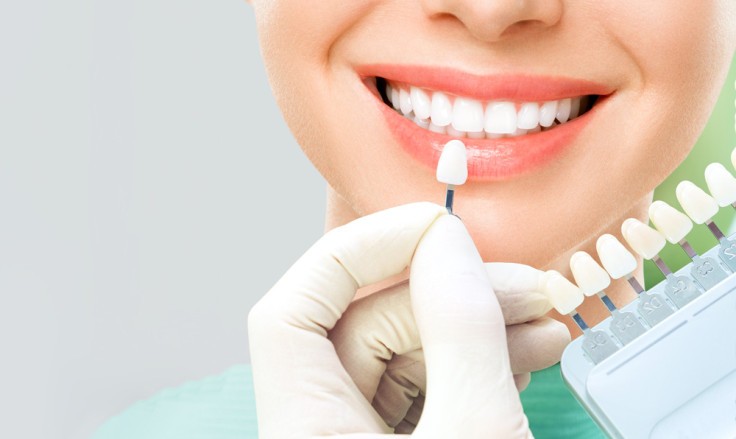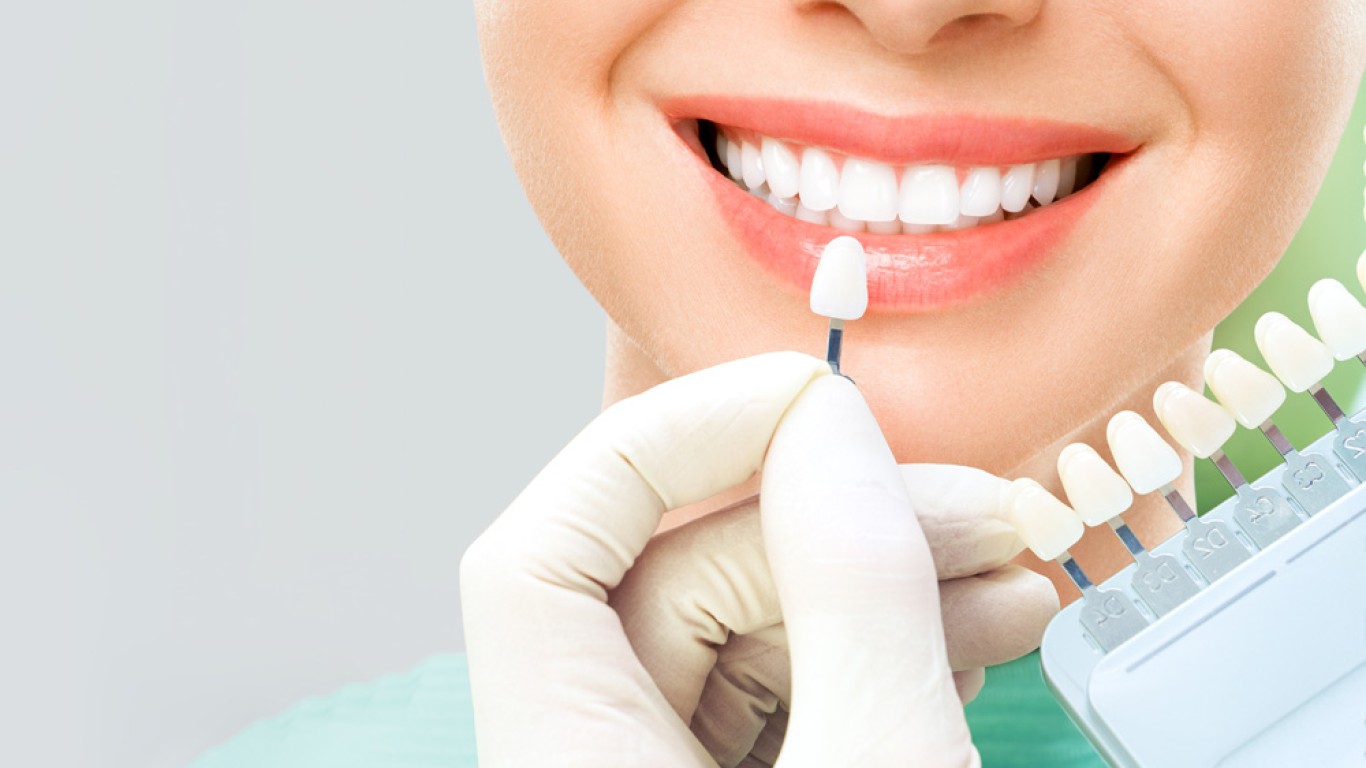Porcelain dental veneers are a popular part of many modern dental treatments. They offer a long-lasting way to improve your smile. Whether you're looking to correct discolouration, chips, or gaps, veneers provide a natural appearance with durable results. But how long can you expect them to last? This guide explores their lifespan and care tips. Learn what you need to know before choosing veneers.
What Are Porcelain Dental Veneers?
Porcelain veneers are thin shells applied to the front of your teeth. They improve shape, size, and colour. Typically, they’re used to correct cosmetic issues like gaps, chips, or uneven teeth. Also, they are custom-made to match your natural smile. Unlike composite options, porcelain is more stain-resistant and long-lasting. That’s why many patients prefer them over other dental treatments.
Average Lifespan of Porcelain Veneers
On average, porcelain veneers last between 10 to 15 years. However, with excellent care, they may last even longer. Some patients report their veneers staying intact for over 20 years. Nevertheless, their durability depends on daily habits, dental hygiene, and the skill of your dentist. It’s important to follow all care instructions after the procedure to extend their lifespan.
Factors That Affect Veneer Longevity
Several factors can influence how long your veneers last. Firstly, the material quality plays a vital role. Porcelain is durable but can still chip under pressure. Secondly, grinding your teeth or biting hard objects shortens their life. Thirdly, poor oral hygiene increases decay risks in underlying teeth. Lastly, the expertise of your dental provider significantly affects long-term results.
Why Choose Porcelain Over Other Veneer Types?
Porcelain veneers offer several advantages over composite resin options. For one, they resist stains better, especially from coffee, wine, or tobacco. Additionally, they offer a more natural sheen, closely mimicking real enamel. Furthermore, they’re more durable and require fewer replacements. Although porcelain is more expensive upfront. The long-term benefits often outweigh the initial cost for many patients.
The Role of Good Oral Hygiene and Dental Treatments
Maintaining excellent oral hygiene is key to making your veneers last. Brush twice daily with a soft-bristled toothbrush. Also, floss gently each day to remove plaque. Regular dental check-ups are vital, too. Your dentist will monitor your veneers and clean your teeth professionally. Moreover, avoiding sugary snacks and acidic drinks helps protect both veneers and natural teeth.

Tips to Make Veneers Last Longer
To maximise the lifespan of your porcelain veneers, follow these simple tips:
- Don’t bite on hard items like pens or ice
- Wear a night guard if you grind your teeth
- Avoid using teeth to open packages
- Reduce intake of staining foods and drinks
- Visit your dentist regularly for cleanings and checks
These steps, though basic, can significantly extend the life of your veneers.
Can Veneers Be Repaired or Replaced with Dental Treatments?
Yes, veneers can be repaired if minor chips or cracks occur. However, severe damage usually means replacement. Replacing a veneer involves removing the old one and fitting a new one in its place. The process is relatively straightforward. Additionally, advancements in dental treatments have made veneer repair faster and more effective. Consult your dentist if you notice any damage.
Are Veneers a Permanent Solution?
Porcelain veneers are considered semi-permanent. The tooth underneath is altered to fit the veneer, so removal without replacement isn’t an option. Even though veneers last many years, they will eventually need replacing. It’s important to understand this before undergoing treatment. Nevertheless, for many patients, the confidence boost and cosmetic benefits outweigh this long-term maintenance need.
Cost of Porcelain Veneers in Turkey
Turkey has become a top destination for affordable, high-quality dental treatments. Porcelain veneers in Turkey often cost between £180 and £300 per tooth. This price typically includes consultation, digital scans, and fitting. Moreover, many clinics offer package deals for full-smile makeovers. Despite lower costs, the quality of care remains high. Additionally, English-speaking staff and modern clinics enhance patient comfort.
Why Turkey Is Popular for Dental Treatments
Turkey attracts patients worldwide thanks to its skilled dentists and advanced technology. Istanbul, in particular, offers excellent clinics with competitive pricing. Additionally, many clinics cater to international patients, offering all-inclusive packages. These often cover transport, hotel, and even sightseeing. Besides, the shorter waiting times make dental travel more convenient. This makes Turkey a great choice for veneer treatments.
When Should You Replace Your Veneers?
Eventually, all veneers will need replacing. Signs include chips, discolouration, or gaps forming. Also, if your gum line recedes, the veneer edges may become visible. In such cases, replacement ensures your smile stays flawless. Regular dental visits will help spot early signs. Replacing veneers is easier than the first application, especially with an experienced dental team.
Preparing for Your Dental Treatment Appointment
Before getting veneers, your dentist will assess your teeth and discuss your goals. Then, a digital scan or mould will be taken. Your teeth will be reshaped slightly to fit the veneers. Afterwards, temporary ones may be placed while your porcelain veneers are made. Finally, your custom veneers will be fitted and adjusted for comfort and appearance.
Conclusion
Porcelain dental veneers can last over a decade with the right care. Their durability, natural appearance, and low maintenance make them a popular cosmetic option. When paired with good oral habits and regular check-ups, they remain an effective part of long-term dental treatments. For anyone looking to enhance their smile, veneers offer a balance of beauty and function.
For more information on veneers and to book a consultation visit the ACIBADEM Beauty Center Veneers webpage.
Frequently Asked Questions
Yes, porcelain veneers last longer and offer a more natural, stain-resistant finish than composite veneers.
You can eat soft foods immediately, but wait 24 hours before eating anything too hard or sticky.
No, but a non-abrasive toothpaste is best to avoid scratching the porcelain surface.
Some people notice a minor difference initially, but speech returns to normal quickly as you adjust.
No, veneers do not respond to whitening. Whitening is best done before applying veneers for even colour.














